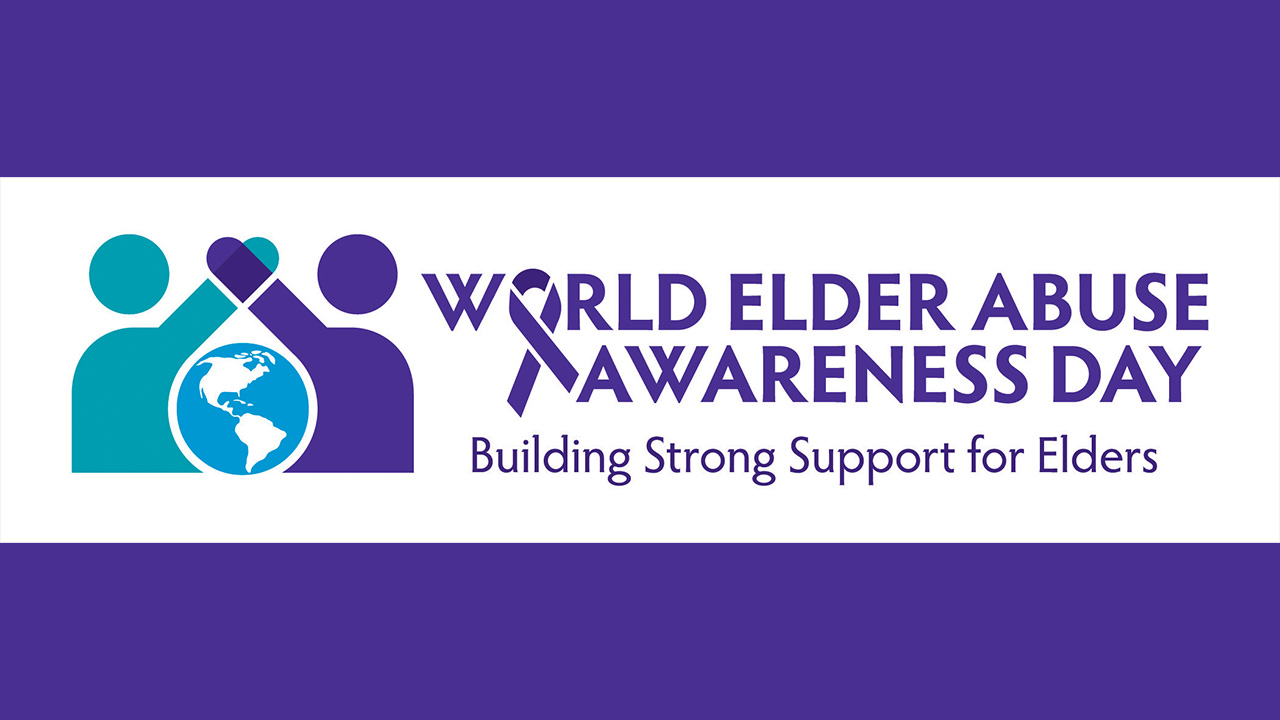Cybersecurity scams targeting seniors are becoming more and more prevalent with the increased dependence on technology, leading to billions of dollars lost annually in the U.S. It’s important to know how to keep yourself and your elderly loved ones safe.
According to the FBI’s 2023 Elder Fraud Report, the Internet Crime Complaint Center (IC3) received 101,068 complaints from individuals 60 years or older in 2023, accounting for $3.4 billion in losses. In comparison to 2022, there was a 14% increase in complaints and 11% increase in losses in 2023.
Some of the most popular scams used by cybercriminals, especially when they’re focusing on the elderly population, include tech support fraud, confidence or romantic fraud, extortion and investment fraud. In each of these instances, the criminals are attempting to get personal information and/or money from the victim by exploiting their trust and oftentimes lack of technological savviness. Another popular technique is phishing (spoofing), which is when scammers send messages claiming to be from reputable sources in order to coerce the receiver into divulging personal information.
There are several easy ways to keep yourself or your elderly loved ones safe from cybersecurity scams, including:
- Keep all computer anti-virus security software and malware protections up to date.
- Don’t open suspicious emails or answer unsolicited or spam phone calls.
- Never click on attachments, pop-up ads, or links in emails or other messages (including texts) unless you’re anticipating the message and recognize the sender.
- Don’t conduct any transaction involving personal information (date of birth, personal identification number, bank account number, etc.) while using a public or unsecured network.
- Be careful about what you share on social media and what you include in your account bios.
- Resist the pressure to act quickly if the scammer is asking for information or money urgently.
- Take your time when deciding on major financial decisions or investments.
Since elderly members can be particularly vulnerable to becoming a victim of a financial crime, they can benefit from an additional layer of account protection. For instance, Ascend Federal Credit Union offers an Advance Consent Agreement, which allows members to voluntarily authorize Ascend to contact a listed “trusted contact” in the event fraud or abuse is suspected.
If you suspect you or a loved one may be a victim of a cybersecurity scam, it’s crucial that you report it immediately. The sooner a case is reported, the quicker it can be addressed. You can report the abuse to the elder’s financial institution, law enforcement, trusted family members, or, if they are in a long-term care facility, the director.
As credit unions, we have a collective responsibility to protect our members’ sensitive information and educate them on the importance of cybersecurity. By working together, we can create a safer financial environment for everyone.
For additional tips on how to keep your accounts safe from fraud, visit ascend.org/fraud.
